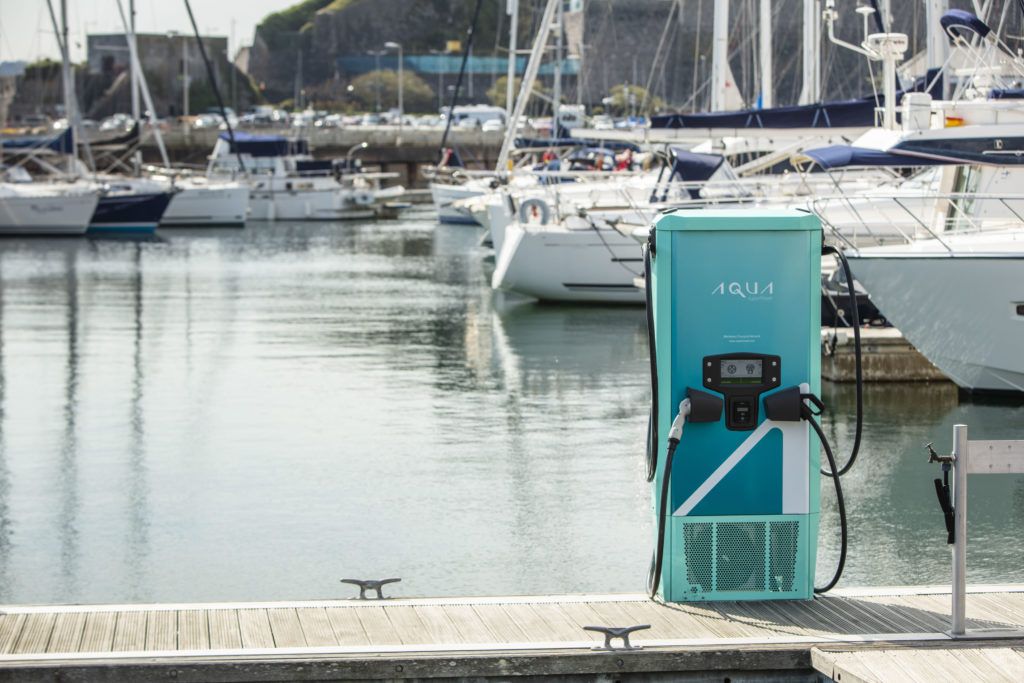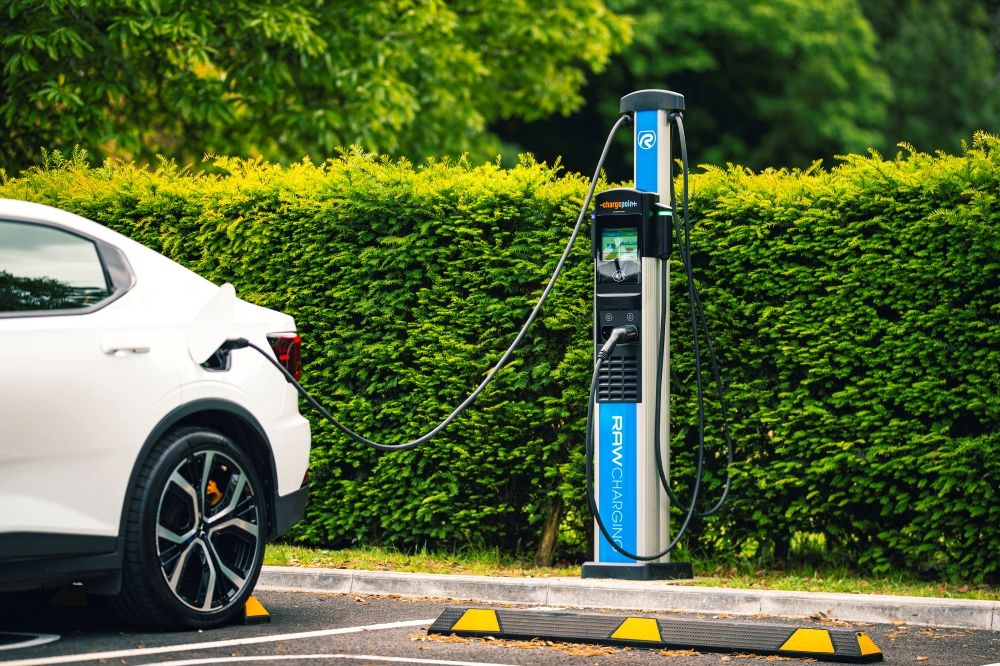A consortium led by fast-charging operator Aqua superPower has secured £3.2m in government funding to develop marine charging infrastructure.
The deal will see ten sites along the south coast of England take part in the Electric Seaway project, which will create the infrastructure necessary to power the region’s fleet of electric maritime vessels.
Targeted at leisure and commercial vessels under 24m, the move aims to transition the boats to clean energy and support the Maritime 2050 decarbonisation goals, preventing an estimated 300 tonnes of CO2 from being released each year.
The Electric Seaway project has seen Aqua superPower partner with and ZPN Energy who create battery solutions for off grid applications. Other partners include the University of Plymouth, South Hams District Council; and the UK Harbour Masters’ Association.
A demonstration scheme will be provided by South Hams District Council, which has ambitious carbon reduction and economic growth targets linked to the Plymouth and South Devon Freeport.
It will deliver a battery solution suitable for shoreside applications, to develop the infrastructure to ensure batteries and chargers operate simply and efficiently, and to make use of all forms of energy sources including renewables.
Additionally, it will deploy environmental sensors at all sites to monitor the impact of the new innovations and create a business model and strategy that will enable an increasingly wide scale deployment of marine charging infrastructure.
Alex Bamberg, CEO of Aqua superPower, said: “This is our third Clean Maritime Demonstration Competition win, which is testament to the knowledge and commitment of our consortium partners and reinforces Aqua superPower’s recognised expertise in marine charging and electrification. This is a fantastic opportunity to create critical marine charging infrastructure on the south coast of England.”
James Foster ZPN Energy CEO, said: “We are proud to have our unique battery backed ultra-rapid charging technology included to ensure locations with limited grid supply can have rapid charging, ordinarily this would have meant slow AC charging as you typically see in some roadside locations. These installations guarantee charge rates and prevent unnecessary load balancing.”
Dr Richard Pemberton, Lecturer in Mechanical and Marine Engineering Design at the University of Plymouth, said: “There are a number of challenges we need to overcome if we are to meet the Government’s target of having a zero-emission maritime fleet by 2050. However, our existing work in this area has provided a number of solutions and shown what can be achieved through collaborations between industry, research, boat owners and other agencies. The Electric Seaway gives us the platform to build on that, and to enable more people and environments to benefit from the transition to cleaner fuels.”
Capt Martin Willis AFNI, Executive Officer & Secretary of the UK Harbour Masters’ Association, said: “The UK Harbour Masters Association strategy is to align (where favourable) future Association Policies, Aims and Objectives with Government and Industry long-term policy – including ‘Maritime 2050’ & the Clean Maritime Plan. We shall embrace and meet future Industry challenges including amongst others; Environmental & Climate Change, new alternative fuels and Sustainable operating models and future Technical and Automated systems.”
Image courtesy of Aqua superPower












